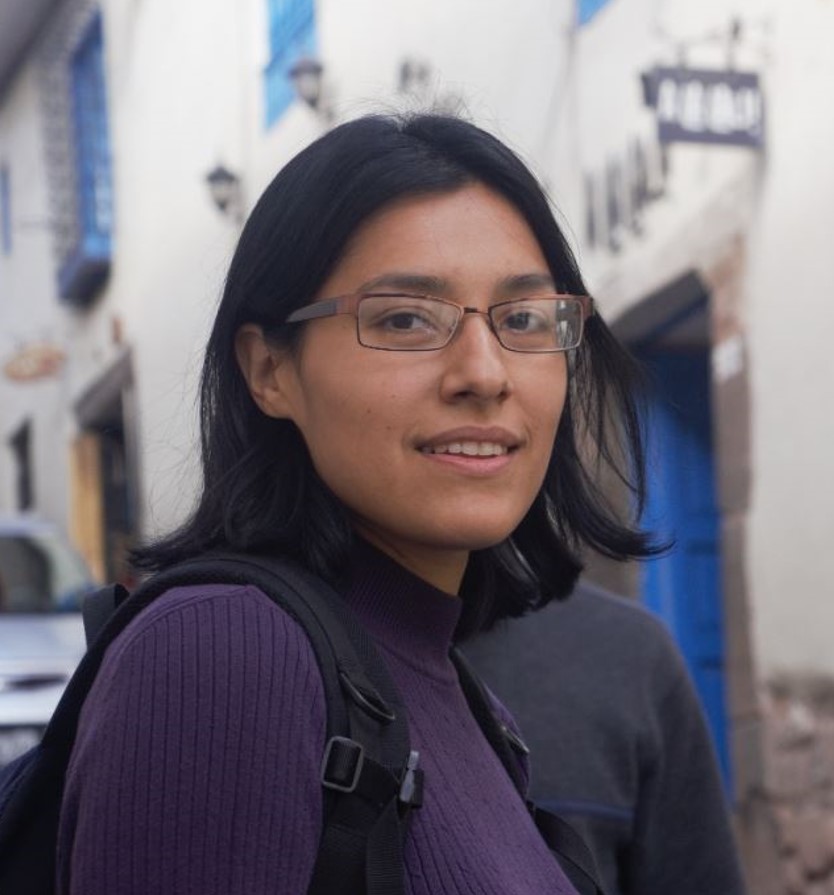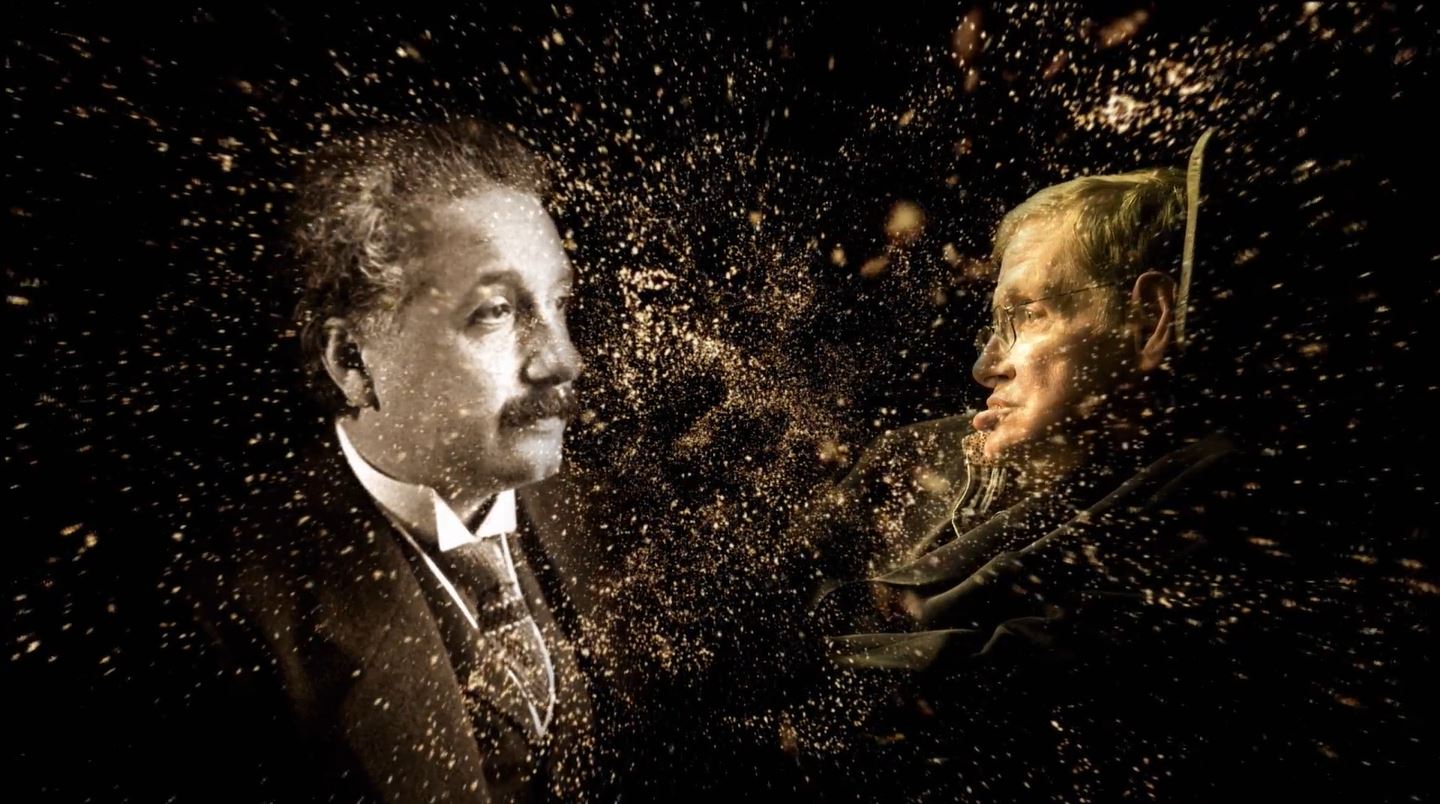New Documentary Explores Minds of Stephen Hawking, Albert Einstein (Video)
Get to know two major icons of theoretical physics.
If there is a pantheon for great minds, Stephen Hawking and Albert Einstein would undoubtedly qualify for membership. Their remarkable theories were transformative in the world of physics, and both are lauded as luminaries across the world.
On Sunday, a new 2-hour program will delve into the fascinating work of Hawking and Einstein, how their ideas are connected, and what that fruitful pondering means for modern physics.
"Einstein and Hawking: Unlocking The Universe" premieres March 10 at 8 p.m. ET/PT on the Science Channel. The program will also re-air on March 14, which is the first anniversary of Hawking's death and Einstein's 140th birthday.
Related: Stephen Hawking: A Physics Icon Remembered in Photos
Hawking looked at the laws that govern the universe, from the tiny to the gargantuan. He studied both quantum mechanics — a branch of physics that describes what happens at the subatomic level — and also pored over Einstein's Theory of General Relativity. In the realm of very large objects (planets, stars, black holes, etc.) bodies have enough mass to bend the fabric of space-time, according to general relativity.
Earlier in his career, Hawking worked on the conundrum that these theories presented: The laws that govern the small aren't applicable to large-scale reality, and vice versa.
Throughout his life and up until his death at age 76, Hawking published new work.
Breaking space news, the latest updates on rocket launches, skywatching events and more!
A newly released clip from the documentary touches on one of his final ideas, which tackles the physics occurring at the edges of black holes and the "information paradox." This region of black holes bridges the gap between relativity, which describes large-scale behavior, and quantum mechanics, which describes the small. The clip's narrator calls a series of papers on this concept "Hawking's last great idea."
American physicists Rai Weiss, Kip Thorne and others will be featured on Sunday's show. Weiss and Thorne are Nobel Prize winners whose team designed a massive structure — the Laser Interferometer Gravitational-Wave Observatory (LIGO) — that made the first-ever direct detection of gravitational waves as they moved through Earth. The 2015 observations ushered in a whole new era of gravitational-wave astronomy.
"Einstein and Hawking: Unlocking The Universe" is produced by the BBC for the Science Channel. Steve Crabtree was the executive producer for the BBC, and Wyatt Channell was the executive producer for the Science Channel. The program's director is Michael Lachmann.
- Books and Black Holes: Stephen Hawking's Language Helps Us Grasp the Cosmos
- How Gravitational Waves Work (Infographic)
- The 'Genius' of Albert Einstein on Nat Geo Channel (Photos)
Follow Doris Elin Salazar on Twitter @salazar_elin. Follow us on Twitter @Spacedotcom and on Facebook.

Doris is a science journalist and Space.com contributor. She received a B.A. in Sociology and Communications at Fordham University in New York City. Her first work was published in collaboration with London Mining Network, where her love of science writing was born. Her passion for astronomy started as a kid when she helped her sister build a model solar system in the Bronx. She got her first shot at astronomy writing as a Space.com editorial intern and continues to write about all things cosmic for the website. Doris has also written about microscopic plant life for Scientific American’s website and about whale calls for their print magazine. She has also written about ancient humans for Inverse, with stories ranging from how to recreate Pompeii’s cuisine to how to map the Polynesian expansion through genomics. She currently shares her home with two rabbits. Follow her on twitter at @salazar_elin.

